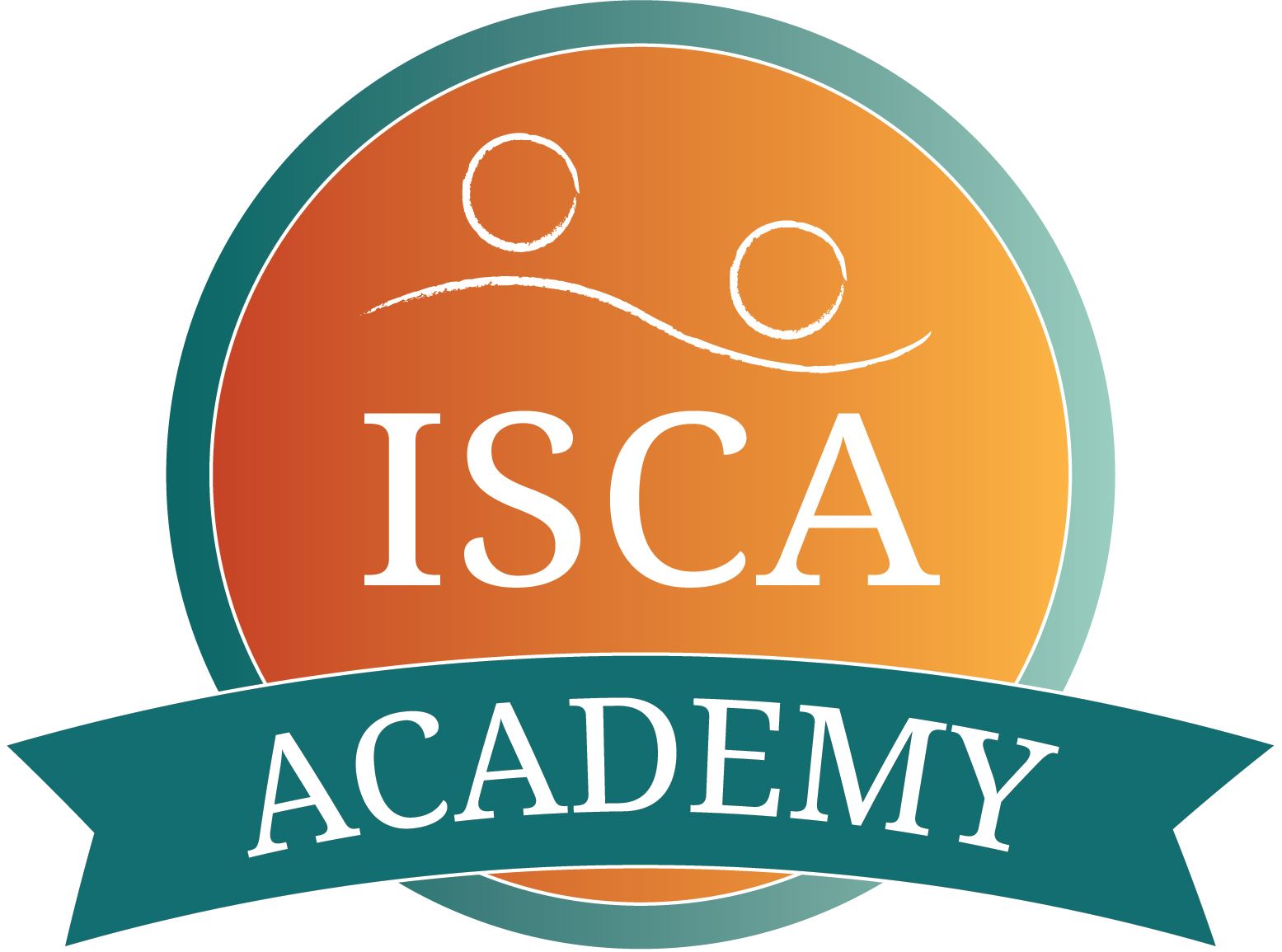- Home
- Level Up: DEIJ Practices to Create Lasting Change
|
Course Title | Level Up: DEIJ Practices to Create Lasting Change |
Course Number | ISCA 401 |
Course Overview | Building off the introductory DEIJ course, this course will take a deeper, more intense dive into some challenging topics that are necessary for supporting students. This interactive course will focus on the following topics:
Topics will be addressed from both an individual and an institutional/structural level. Participants should be prepared to deeply interrogate their own beliefs, practice vulnerability and openness with fellow participants, and be committed to taking steps for cultural change at their institution. |
A. RESPONSIBILITY TO STUDENTS 10. Underserved and At-Risk Populations School counselors:a. Strive to contribute to a safe, respectful, nondiscriminatory school environment in which all members of the school community demonstrate respect and civility. B. RESPONSIBILITIES TO PARENTS/ GUARDIANS, SCHOOL AND SELF 2. Responsibilities to the School m. Promote cultural competence to help create a safer more inclusive school environment. B.3. Responsibilities to Self k. Work toward a school climate that embraces diversity and promotes academic, career and social/emotional development for all students. Behavior B-PF 6. Demonstrate understanding of the impact of cultural, social and environmental influences on student success and opportunities. b. Explain how students’ cultural, social and economic background may affect their academic achievement, behavior, relationships and overall performance in school. f. Understand personal limitations and biases, and articulate how they may affect the school counselor’s work. IB Standards: In line with the IB, the aim of the IB is to develop internationally minded people who, recognizing their common humanity and shared guardianship of the planet, help to create a better and more peaceful world. |
Intended Audience | nternational educators who have a grounded and robust understanding of the basics for DEIJ work, such as understanding how privilege, power, oppression, and marginalization work. The intended audience would be folks who have spent time reflecting on their own identities and privileges and who have engaged in course on DEIJ content before. |
Essential Questions |
|
Knowledge | Skills |
Participants will have knowledge about: | Participants will be able to: |
|
|
About the Facilitator |
ANDREW MCGEEHAN (He/Him) - Lead facilitator Andrew holds an MA in Student Development & Higher Education from Seattle University and is the director of Trident Training & Consulting - an organisation whose mission is to help develop and create institutions and organisations that are respectful, open, inclusive, and free of harassment. He is also a DEIJ consultant at Linden Global Learning Support Services. Andrew has been leading workshops and developing policies on equity and student life for the past 10 years. Andrew discovered his passion for diversity & inclusion issues during his undergraduate life, where he was exposed to different ideas about identity, power, and inclusion. Andrew facilitates workshops related to consent, respect, boundaries, and appropriate response to sexual misconduct for both the National University of Singapore and Yale-National University of Singapore College. Andrew also leads and supports professional staff and student staff training for the past 10 years on topics such as effective supervision, giving and receiving feedback, teamwork, and conflict management. |
Dates and times of offerings | Cohort 4: September 15, 20, and 29, 2022 @8:30-11:00 GMT |
Contact hours | Nine (9) Professional Development Hours |
Time commitment between sessions | 1-2 hours between sessions. |
Required Resource(s) | Something to write with and something to write on. |
References | American School Counselor Association (2019). ASCA School Counselor Professional Standards & Competencies. Alexandria, VA: Author. |



